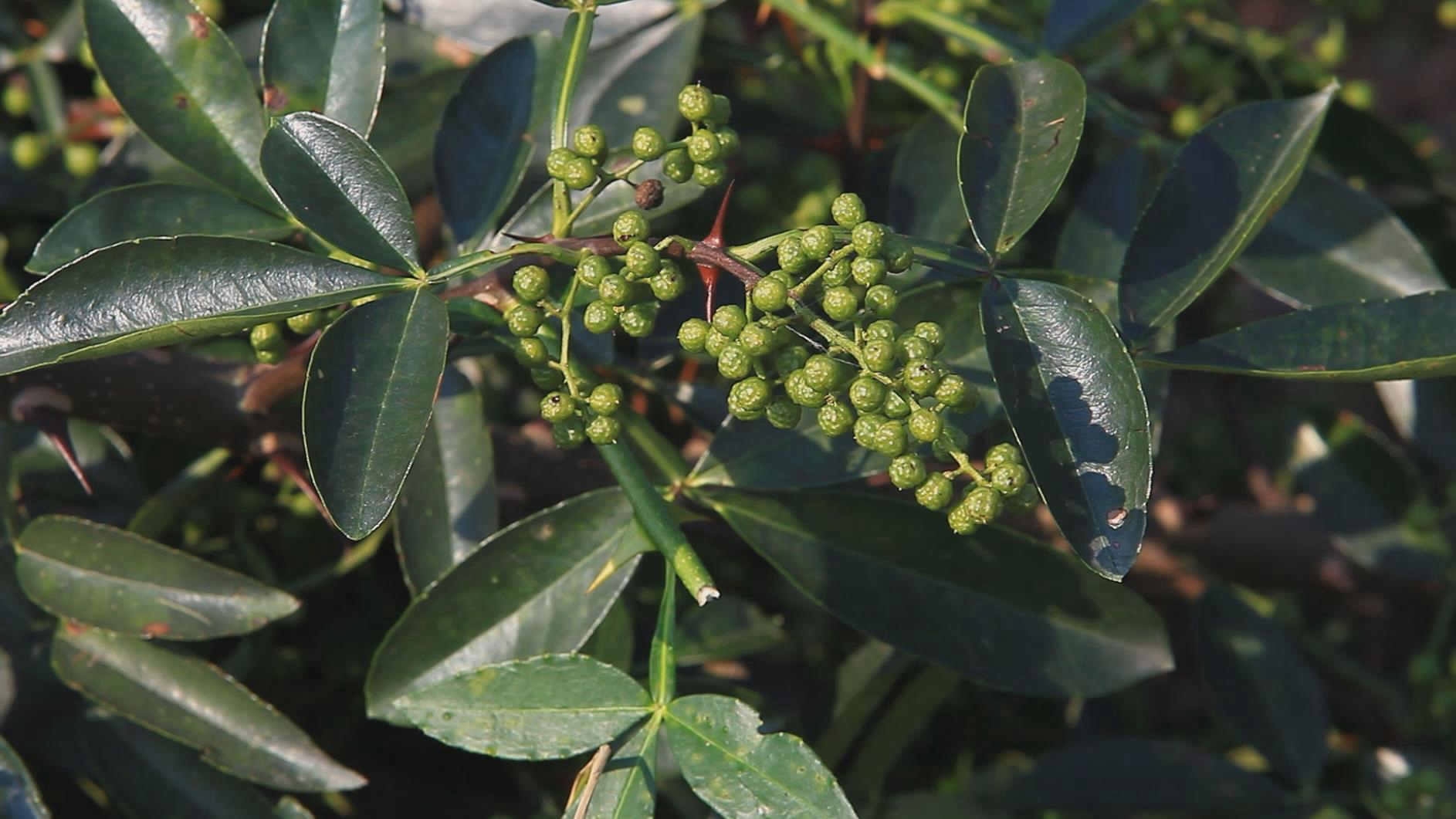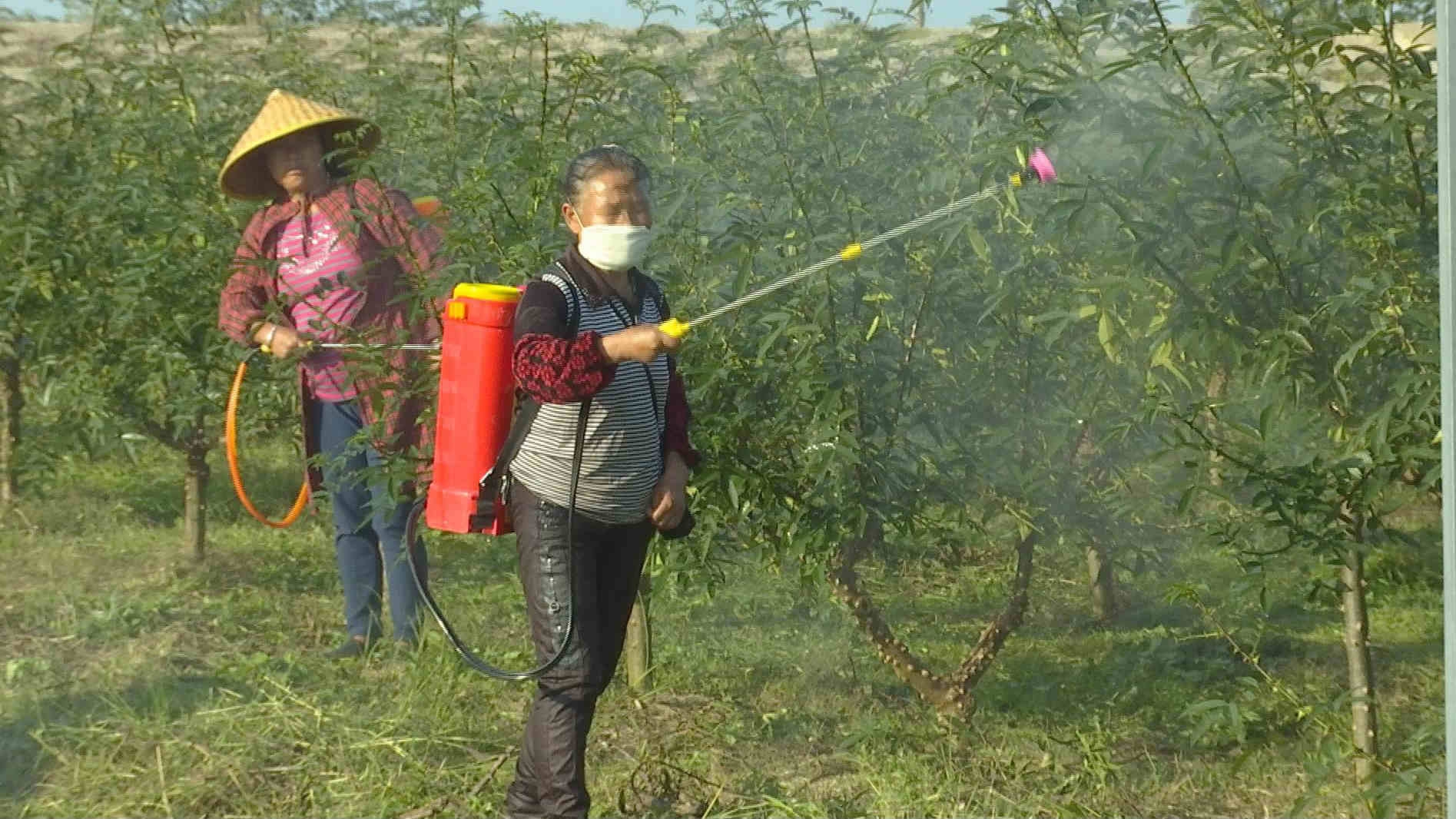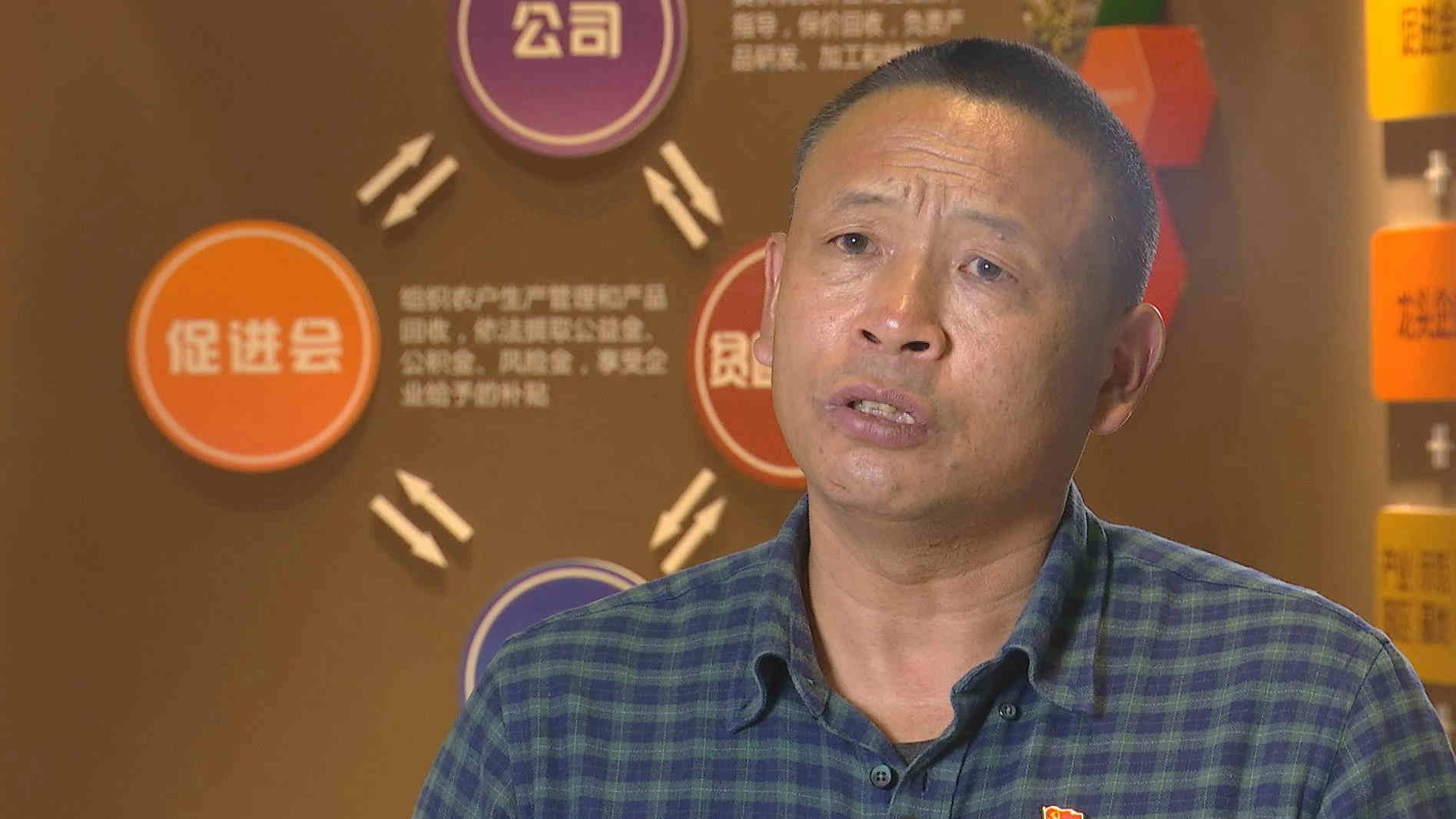
China
11:50, 18-Nov-2017
China's poverty alleviation: Rattan pepper shows a way out
By Yang Jinghao, Luo Caiwen and Zhang Kai

Rattan pepper has become an unlikely vehicle helping to drive farm workers in a southwestern Chinese province out of poverty.
Sichuan is known for its spicy food and the pepper, which is largely cultivated in the province’s Wubai Village, Santai County, and has gradually developed into a dominant industry.
However, Lin Zhimao, the village chief for 15 years, said he encountered some local resistance when he first tried to sidestep some traditional family farming techniques as a means of stimulating earnings and raising living standards.
“When the agricultural cooperative was established in 2012, most of the farmers had no confidence in the program and refused to join," Lin told CGTN. "We had to go door to door to try to persuade them. Years later, our efforts are now widely accepted by the villagers.”

Villagers working on a rattan pepper farm. Almost all local families have joined in the farming cooperative. /CGTN Photo
Villagers working on a rattan pepper farm. Almost all local families have joined in the farming cooperative. /CGTN Photo
The residents now benefit from the 160-hectares of rattan pepper in various ways. They can earn a fixed income from their transferred farmland and are also entitled to a quota of the profit. More importantly, they are no longer reliant on just their small portion of croplands. They can now become “farmer workers” on the pepper farm.
“In the past, what we earned from traditional crop cultivation barely supported the family,” Tang Huirong, a villager, told CGTN. "Now, I can earn about 1,600 yuan per month working here. That’s a lot better, and I have more spare time to look after my children."
In fact, the large-scale planting of rattan pepper has not only been a stimulus for local economic growth, it has also brought new hopes for a better life for the “left-behind” seniors of the village as the younger generation choose to seek opportunities in big cities.
Lin said the growing of different crops in a modern way calls for labor from these elderly farmers. In return, they can find relief from their income concerns. They are even “rewarded” with time for entertainment.

Lin Zhimao, village chief of the Wubai Village, is a pioneer in developing different industries to haul the village out of poverty. / CGTN Photo
Lin Zhimao, village chief of the Wubai Village, is a pioneer in developing different industries to haul the village out of poverty. / CGTN Photo
Some locals are also pleased about how "green" the development is.
“In the past, every family burned straw left from the crops. Nobody has to do that now. So the rattan pepper planting really benefits us both economically and environmentally,” said farmer Li Shulin.
After years of efforts, the village has now escaped from poverty. Each family's income has almost doubled. But exploring further potential is still ongoing. Lin said the next goal is to develop ecological tourism by attracting urban residents to visit and enjoy healthy local food and beautiful natural scenery.
China is determined to lift all the people living under the poverty line out of poverty by 2020 and will absolutely exert greater efforts to help the needy families. For Wubai and many other villages, developing proper industries by involving local farmers has proved a fundamental way out.
1413km

SITEMAP
Copyright © 2018 CGTN. Beijing ICP prepared NO.16065310-3
Copyright © 2018 CGTN. Beijing ICP prepared NO.16065310-3